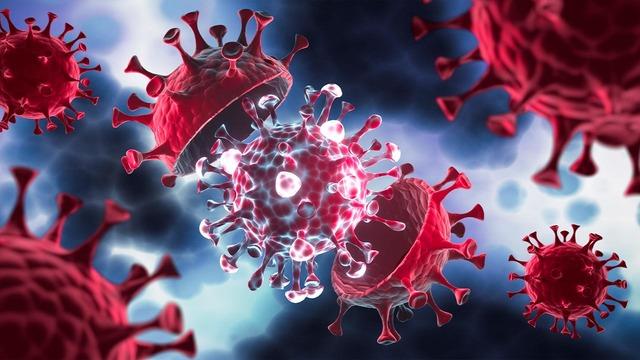As global warming becomes more and more effective, experts in the field continue to issue warnings. Public Health and Internal Medicine Specialist Dr. M. Emin Dinççağ, drawing attention to the fact that the hottest months of recent years have been experienced, said, “Global warming has become noticeable and has become more effective in affecting human life. Routine sea water temperature measurements in marine protected areas in Gökova Bay have revealed that the sea water is constantly warming. The vegetation and ecosystem in the sea are negatively affected by this warming. Biodiversity is under pressure from invasive species.
The changing climate not only negatively affects human health, but also threatens human health by indirectly affecting human nutrition. Preterm birth is increasing, deaths of the elderly and babies are increasing. Climate change also affects microorganisms, causing various negativities to occur. Maybe in the future, microbial structures that can cause epidemics may emerge. That’s why the world must be ready for new epidemics,” he said.
“THE POSSIBILITY OF FUTURE EPIDEMICS IS INCREASING EVEN MORE”

Dr. Emin Dinççağ said:
“Global warming has become something that ordinary citizens can feel in their daily lives. January 2024 went down in history as the hottest January of the 20th century. While the temperature in January was 12 degrees until now, January 2024 was 13-14 degrees. Global warming changes ecosystems, disrupts existing flora, and also affects disease-causing microbes. In this respect, it will not be a surprise if the world experiences many epidemics in the future, like the pandemic it is experiencing.

The elderly deaths caused by heat, deaths that may occur in children, diarrheal diseases will be seen more in the future. Scientists see many disasters caused by climate as problems that humanity may face in the future. Long heat waves, more intense rainfall, increasing droughts will affect human life and health more in the future. The cost of increasing fires will be felt more in the future.

It is not known what the direct effects of increasing greenhouse gases will be on human health, as well as the effects they will have on the oceans, which absorb most of the extreme heat resulting from global warming, and the ecosystem in the oceans, as well as their reflection on human health. Considering that the world has become smaller thanks to technology and transportation, and that an infection can quickly spread to another corner of the world, the possibility of epidemics in the future should not be small at all.

“If we take into account the increasing magnetic pollution and the negative effects it will have on the human immune system, along with global warming, the possibility of future epidemics increases even more. Chemicals, additives, heavy metals used by industry, pollution of water, air and soil will negatively affect human health in the same way.” (İHA)

